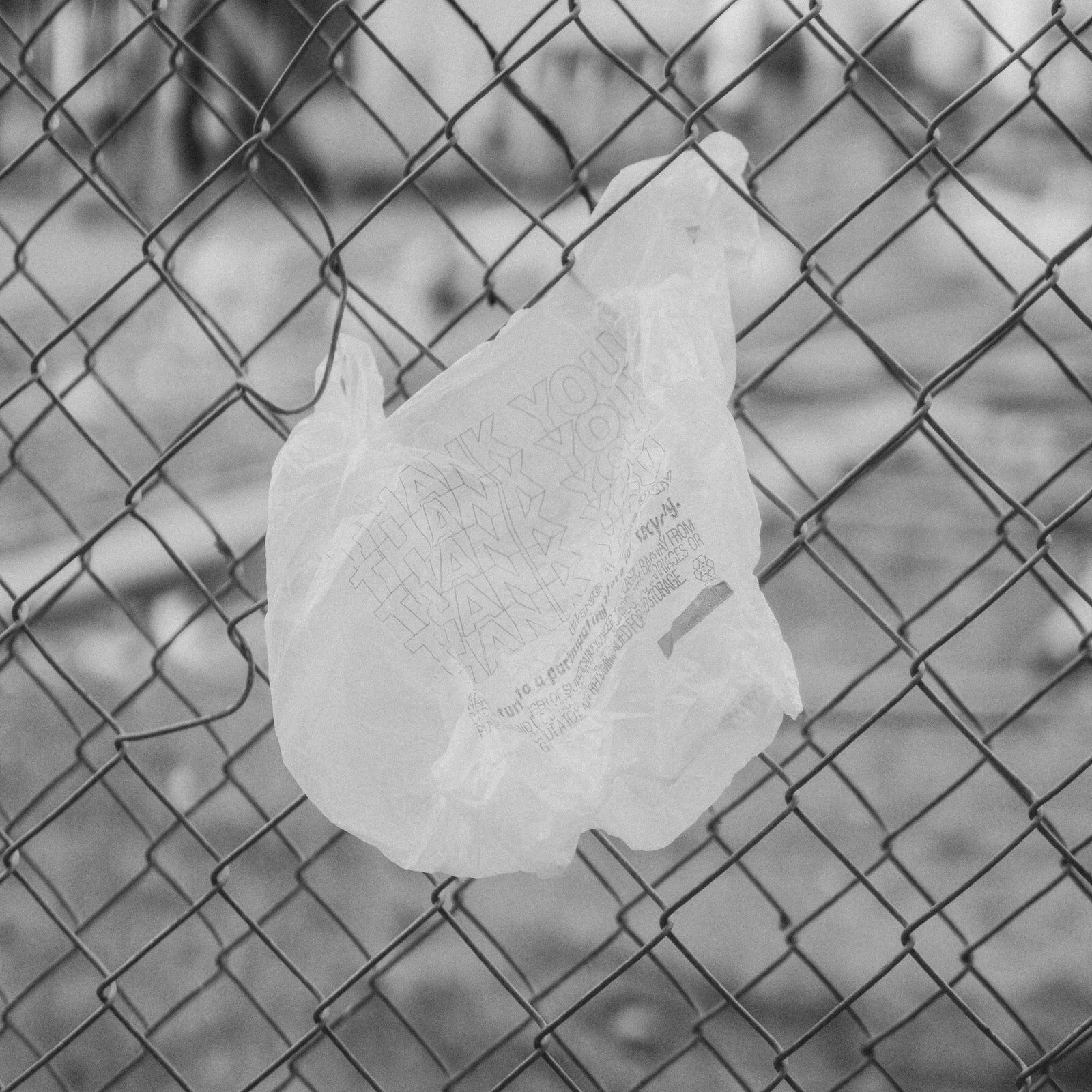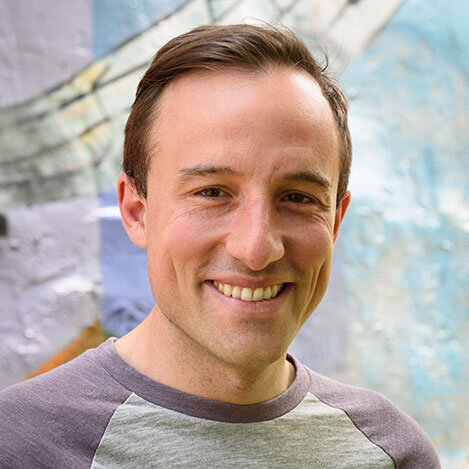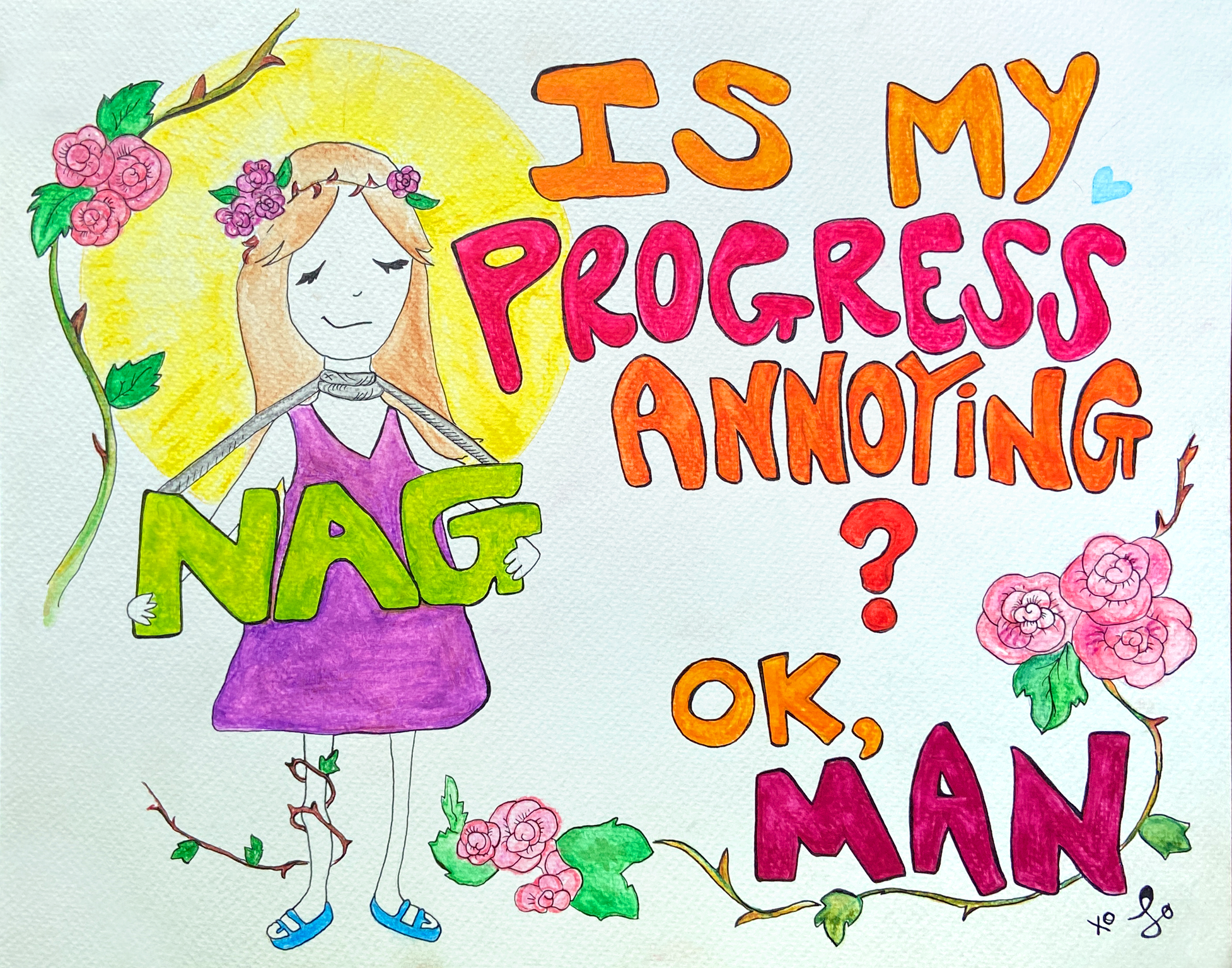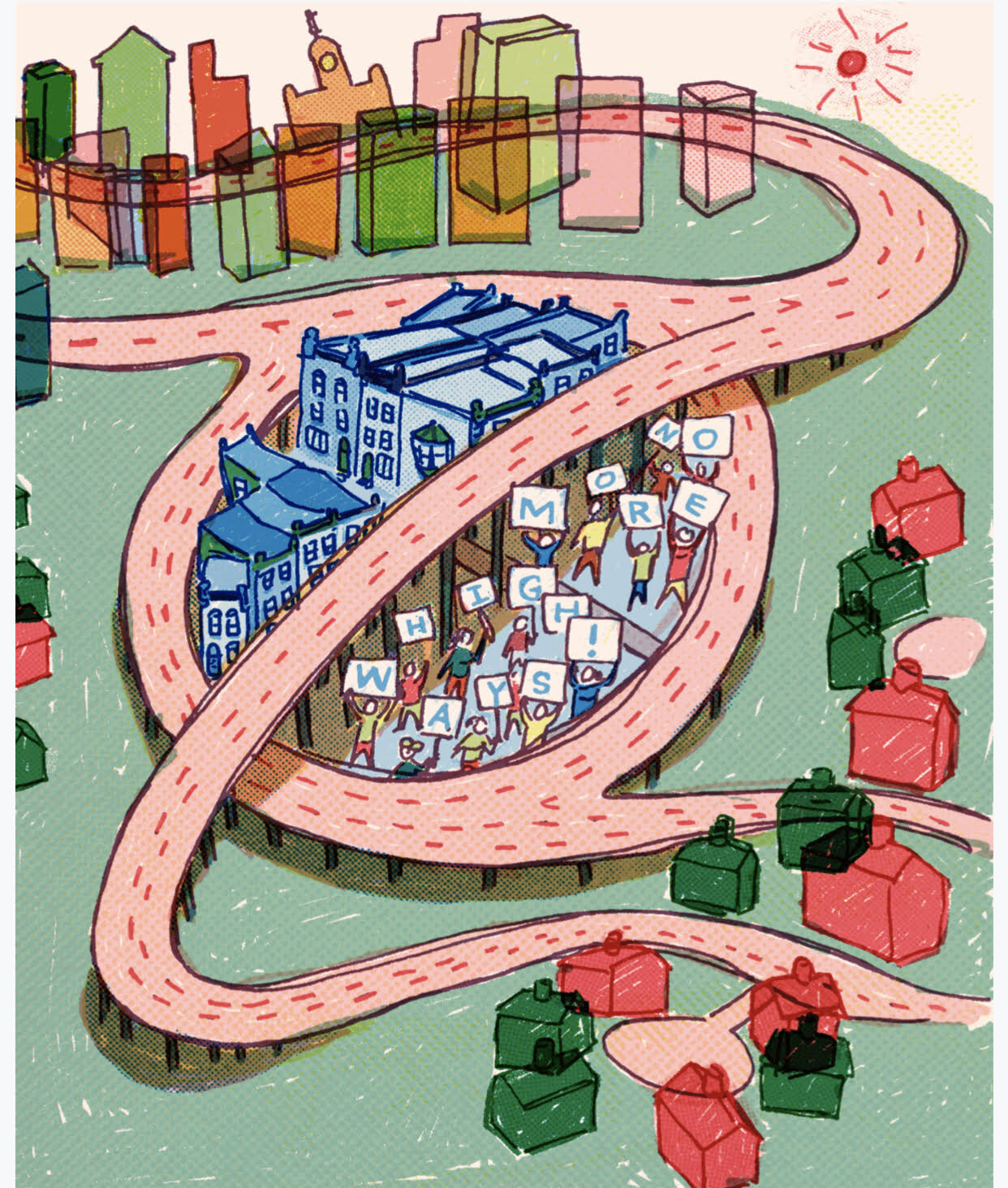Photograph Courtesy of Nic Esposito
By Nic Esposito
A lot has changed since last month’s issue of Grid was released. Most importantly, the long-overdue national reckoning of how laws are enforced and how they disproportionately affect communities of color is finally taking hold. Also notably, I am no longer a part of the Kenney Administration.
My last media quotes as its Zero Waste and Litter Director, a department that has now been disbanded due to budget cuts, were taken in the context of Grid’s cover story last month on the delay of the plastic bag ban.
As Grid publisher Alex Mulcahy revealed in his editor’s notes that issue, he and I didn’t always see eye-to-eye when it came to how City government policy has been covered in Grid and other publications, so I am thankful to him and to Grid Magazine for the opportunity to examine why public policies, like the bag ban, so often fail to achieve their lofty goals.
In the context of Grid’s piece, I was pleased that the article reported on the manipulative disinformation campaign being waged by the plastics industry to manufacture doubts on the safety of reusable items—this is real and a major threat toward the progression to curb single-use plastic pollution.
But as someone who took part in the vote to delay the ban, I can confidently say that industry lobbying was not behind the decision. The problem, as I see it, is a problem that has persisted through many Philadelphia Mayoral administrations: the city’s warped culture of enforcement.
As Dutch author Rutger Bergman explained in an interview for his fantastic, new book “Humankind: A Hopeful History,” a governmental authority enforces laws in relation to the way that authority views the people it is enforcing laws upon.
With this in mind, the plastic bag policy could play out with a similar bias as the one that affects Philly’s overall policing. When police are conditioned to think that a certain area is “high crime” coupled with the inherent biases against Black and Brown people, then they are going to patrol that neighborhood in a much more militant way than they would a neighborhood considered peaceful and white.
What this mindset does not take into consideration are the systemic issues that influence these communities are perceived as “high crime.” Take, for example, the illegal dumping strategy that I also worked on. Most illegal dumping occurs in lower-income, Black and Brown neighborhoods. The initial solution to this issue was to increase surveillance and make more arrests. I must admit that I initially agreed with this idea, sending the message through contracting companies, a majority of which are white-owned businesses, that dumping on Black and Brown communities would not be tolerated.
However, a perpetual police state in already over-policed neighborhoods was not the answer. The way illegal dumping will truly be addressed is with better regulation of the waste hauling and construction industries as well as fewer vacant lots that give the option for people to dump.
A plastic bag ban will require a similar approach that considers the systemic causes of plastic pollution in order to effectively change the behavior of using them.
Although I admit that there is a percentage of people who will only respond to enforcement, I believe that a majority of businesses and residents will comply with the ban if they are confident in its potential to clean our City streets and have a clear understanding of how to comply.
But my faith in this method of proactive outreach was too often countered by the insidious line of thinking that low-income communities, especially of color, don’t care about sustainability since they have bigger issues to face. Although certain colleagues who used this argument may have meant to stand up for low-income residents, all this resulted in was the option of reacting to the immediate symptoms of problems through heavy-handed, punitive enforcement rather than proactive measures.
Couple this with a transactional legislative process where City Council passes bills with heavy enforcement focus, but with little consultation with the enforcement agencies or understanding of the systemic issues behind problems, and you have situations like a majority of businesses flouting recycling mandates because there is a lack systemic incentive or systems for them to do the right thing and not enough SWEEP officers to hold them accountable.
As many City services collapsed under the weight of COVID-19, my concern was that the City would not have had the outreach capabilities by the law’s effective date of July 2 to ensure that residents and business owners understood how the law would benefit them and how to reasonably comply. My fear is that if the City did push ahead with the July 2 date, the City would have reverted to the conventional enforcement model that expects the worst of our residents and enforced accordingly through heavy-handed and ineffective tactics.
I must give the City’s legislative team credit that over the past few years, it has taken steps to increase communication between legislators and operating departments to address the disconnect of passing legislation with no enforcement capabilities.
I also want to give credit to the interdepartmental government group tasked with creating a holistic outreach, education and enforcement strategy for the plastic bag ban. My hope is that these public servants and other stakeholders will be able to carry out the strategy of ensuring that as many Philadelphians as possible not only understand the penalties of flouting the bag ban but the virtues of following it.
The plastic bag ban will never truly happen unless we change how city government views the residents and businesses it is entrusted to set and enforce rules for.
If you create laws with the mindset that punishment is the only way to prevent people from acting on the worst aspects of human nature, whether this is violent crime or ignoring a plastic bag ban, then you’re going to get enforcement that is heavy-handed, combative and ultimately ineffective. But if we operate with the principle that humans are inherently good and will follow rules employed with human-centered design and are enforced consistently and fairly, then laws like a plastic bag ban or justice in Black and Brown communities will never have to be delayed.










